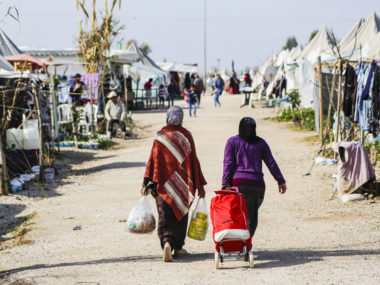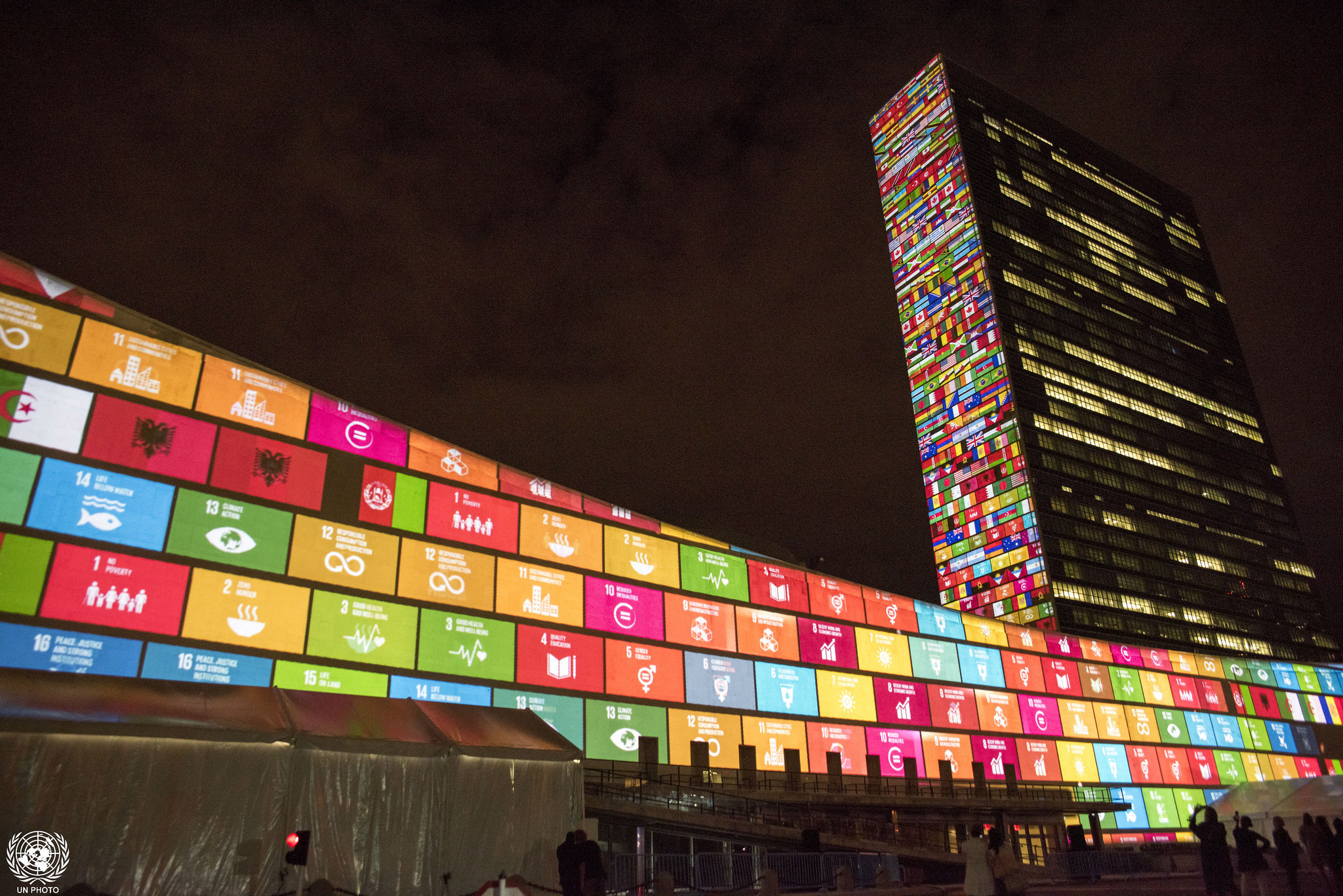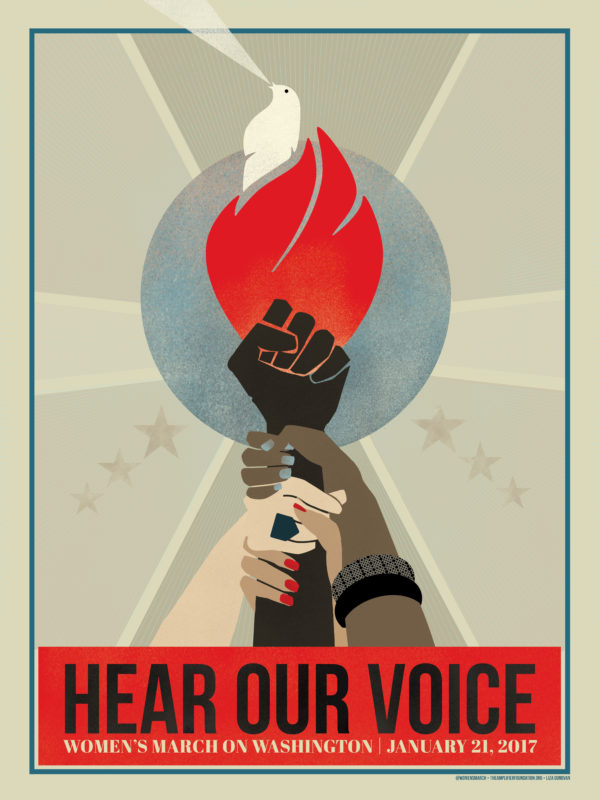Guest post by Jillienne Haglund

On March 10th, the International Peace Institute (IPI), along with the Permanent Mission of Liechtenstein to the United Nations, cohosted a panel bringing together scholars, legal practitioners, diplomats and representatives from human rights organizations to discuss whether the International Criminal Court (ICC) deters atrocities, or more generally, whether the ICC is an effective institution. As the only global forum for individual criminal prosecution, the ICC represents an institution of critical importance in international relations. To date, 122 states have ratified the Rome Statute and accepted the jurisdiction of the ICC. The ICC aims to end impunity for the perpetrators of large-scale human rights abuses by prosecuting individuals responsible for atrocities. Twenty-two cases in 9 situations have been brought before the ICC and in 2012, the ICC issued its first conviction, finding Thomas Lubanga, a rebel leader in the Democratic Republic of the Congo, guilty of war crimes and enlisting and conscripting children into armed conflict. Most recently, the ICC is examining crimes against humanity in Kenya.
While the ICC aims to hold individuals criminally accountable for perpetrating mass human rights abuses, the broader goal of the institution entails contributing to the prevention of these types of abuses. As such, the ICC joins the efforts of various other international human rights courts in promoting respect for rights by holding states accountable for human rights abuses. These courts include the European Court of Human Rights, which delivered 891 judgments alone in 2014, as well as the Inter-American Court of Human Rights, which examined 19 contentious cases in 2014, and the Inter-American Commission on Human Rights, which receives around 1,500 petitions concerning alleged violations of rights every year.
The growth in activity of these courts raises questions regarding the effectiveness and impact of international human rights legal bodies in promoting respect for rights, or their influence on human rights practices. The effectiveness of international human rights legal mechanisms has been met with widespread skepticism among scholars and policymakers alike.[1] International human rights courts face substantial challenges in achieving their goals, most notably, enforcing international human rights law and holding perpetrators of human rights abuses accountable in an international system in which they wield little independent authority. In addition, the state often faces costs for adhering to the demands made by international human rights courts, including material costs, reputational costs (for accepting responsibility for human rights violations), and political costs (i.e. implicating governmental actors responsible for human rights abuses). Why would any state agree to adhere to the decisions, recommendations, and demands of a (presumably weak) international human rights legal body? Further, do international human rights courts influence respect for rights?
These questions motivated the IPI to bring together various individuals to assess the role of the ICC in deterring human rights abuses. Among the scholars present at the IPI panel, Beth Simmons presented the findings from her recent study (co-authored with Hyeran Jo) on the deterrent effect of the ICC. In this study, Simmons and Jo present the first systematic assessment of the effect of the ICC on deterring atrocities (intentional killing of civilians).[2] Simmons and Jo identify two different types of ICC deterrence, including prosecutorial deterrence (the threat of consequences for violating the law) as well as social deterrence (extra-legal consequences, such as damage to reputation).[3]
Simmons and Jo argue that the deterrent effect of the ICC is conditional, finding that there is some evidence of direct prosecutorial deterrence (ratification of ICC statutes is associated with reduced government violence against civilians). However, the indirect effect of the ICC is stronger, meaning that ratification of ICC statutes has a greater effect on the reduction of intentional killing by government forces when states implement ICC-consistent domestic criminal statutes.
Exploring the indirect influence of the international court (the domestic conditions under which international human rights courts are effective) allows us to step back from the persistent skepticism that has dogged these international legal bodies since their creation. Given the substantial challenges faced by international human rights courts, they are unlikely to directly influence state human rights practices. Instead, international courts’ influence is likely indirect, that is, international human rights courts, in conjunction with domestic political institutions, influence state human rights practices. In fact, while Simmons and Jo find that domestic criminal statutes are important for the effectiveness of the ICC, I find in my dissertation research that the European and Inter-American Courts of Human Rights are more likely to be effective when the domestic judiciary is relatively powerful. Domestic judicial power 1) generates public support for the domestic court to adhere to an international court, 2) helps domestic judges overcome procedural difficulties associated with implementation, and 3) increases the shaming costs for evading international human rights court decisions. As a result, strong domestic courts increase the likelihood that the domestic court adheres to adverse international court decisions. In turn, where the domestic judiciary is strong, the executive expects to observe adherence to adverse international court decisions by the domestic judiciary, and the executive is more likely to follow-up domestic judicial efforts by adopting rights-respecting policy.
In addition to the prosecutorial effectiveness of the ICC, Simmons and Jo find that the ICC has a conditional social effect as well. When the state has pre-committed to being receptive to human rights demands by ratifying ICC statues, the state is deterred from committing international crimes, but this effect is much stronger in the presence of an established network of human rights organizations. As the “users and consumers” of judicial rulings, civil society plays an important role in generating mobilization and pressure on government to respect rights. In my dissertation research, I also find evidence of an indirect social effect of international human rights courts on respect for rights. That is, adverse judgments by both the European and Inter-American Courts of Human Rights are associated with improvements in respect for rights when there are freedom of expression guarantees in place. These findings indicate that international human rights courts can also influence respect for rights indirectly by generating social pressure on the government to improve respect for rights. While international human rights courts continue to face various challenges in an international system dominated by states, we should not reduce them to another ineffective international institution. There is room for optimism, as evidence continues to suggest that, conditionally, international human rights courts display great potential in improving human rights practices.
Jillienne Haglund is a Postdoctoral Research Associate in the Department of Political Science at Washington University in St. Louis, and will be an Assistant Professor at University of Kentucky this fall.
[1] Further, existing evidence on the effectiveness of domestic and international human rights prosecutions is mixed. Kathryn Sikkink (2011) finds evidence that domestic human rights prosecutions are associated with improvements in respect for rights and Meernik, Nichols, and King (2010) find evidence that domestic human rights trials and international tribunals do not appear to contribute to reducing the likelihood of civil war recurrence or improving human rights practices. [2] Simmons and Jo also examine the deterrent effect of the ICC on rebel group violence. [3] Kathryn Sikkink similarly notes two ways that human rights prosecutions can influence state behavior, deterrence and socialization.






1 comment
Reblogged this on Refugee Archives @ UEL.